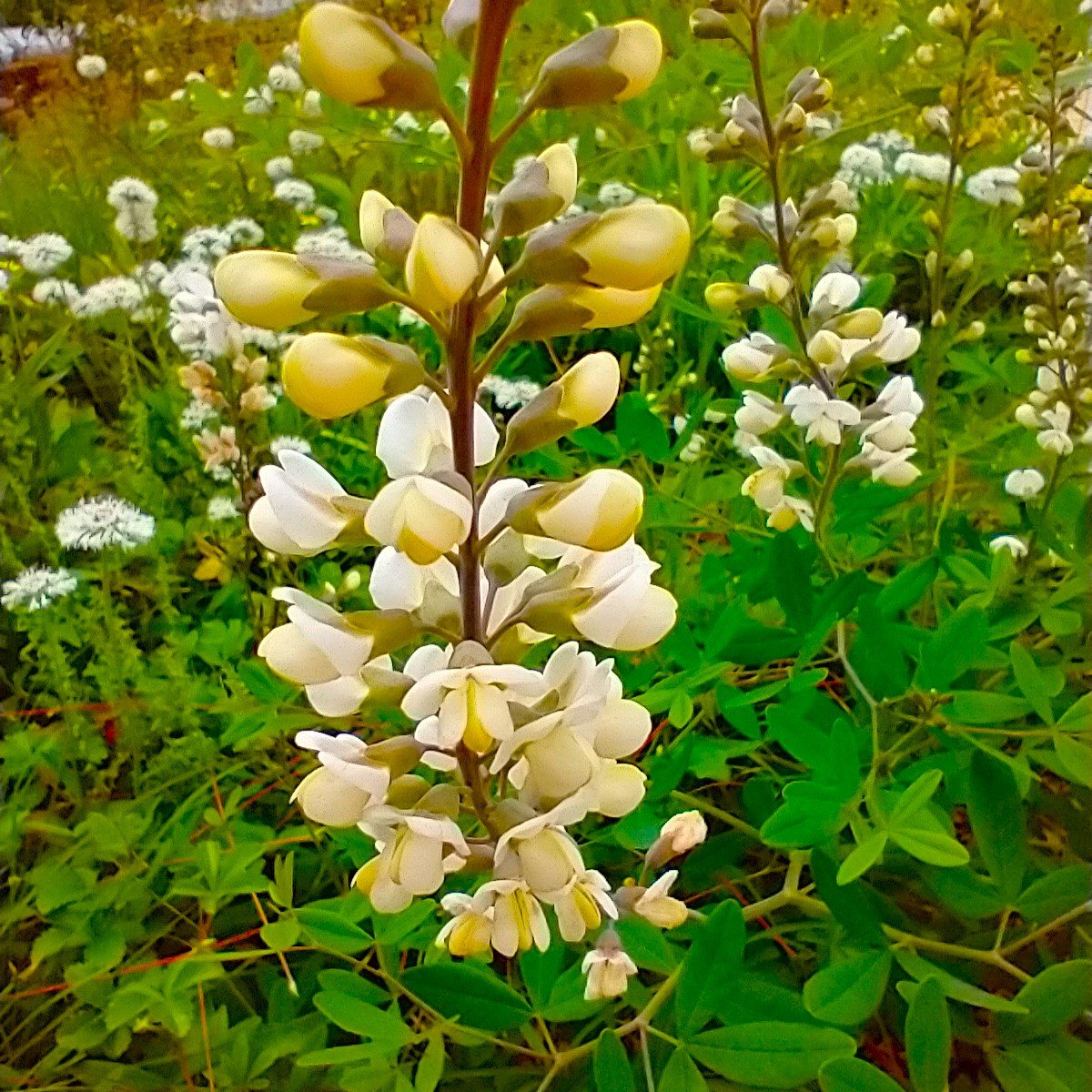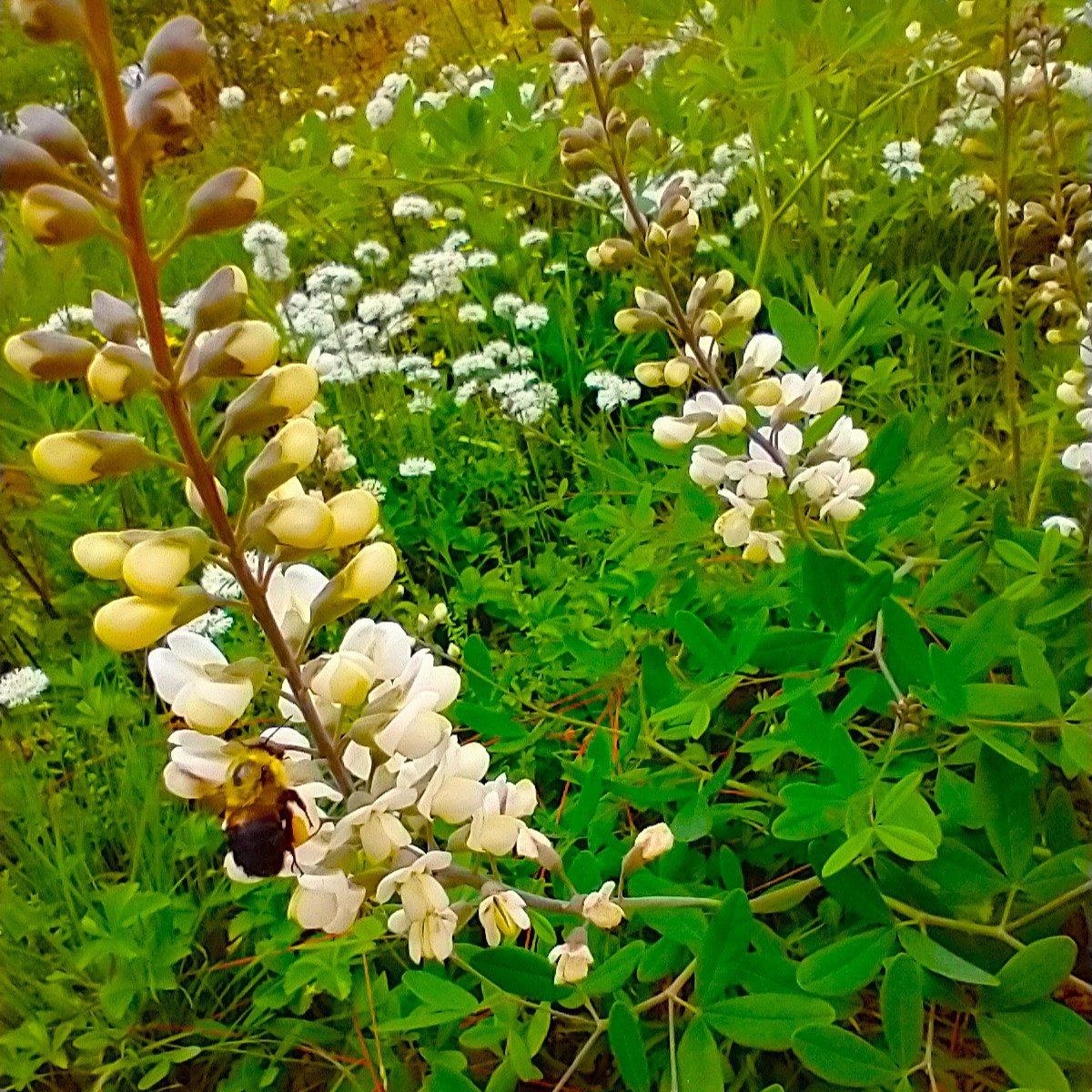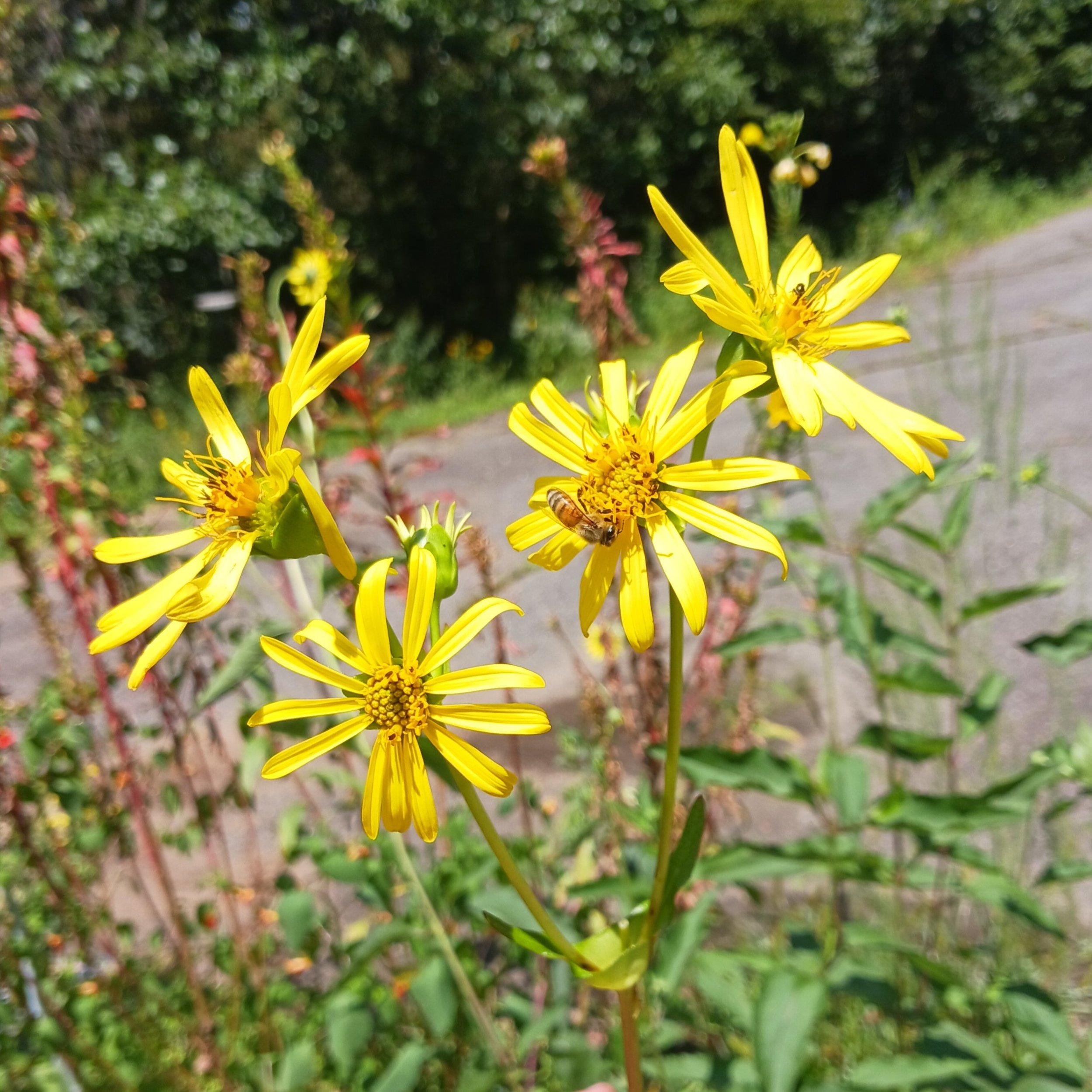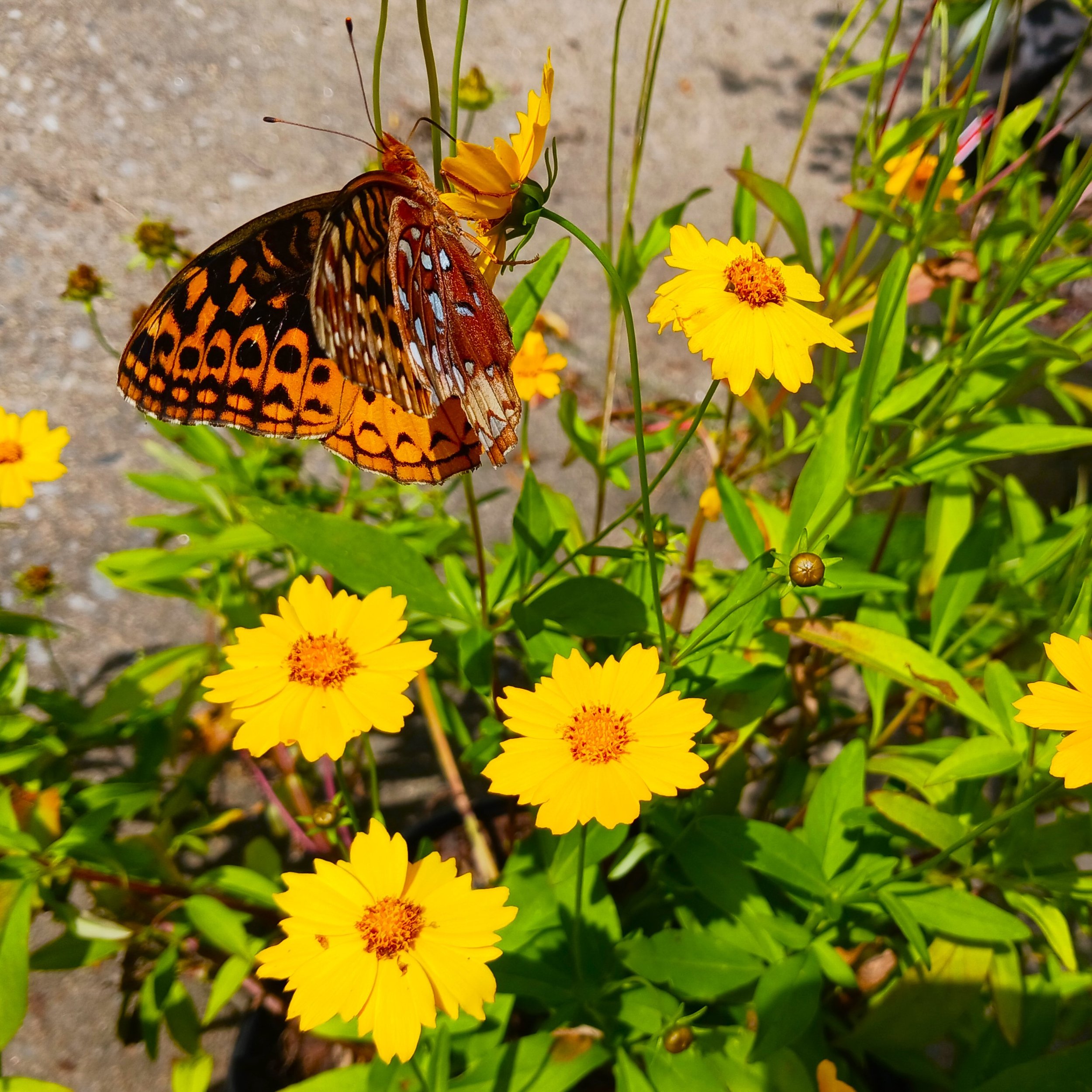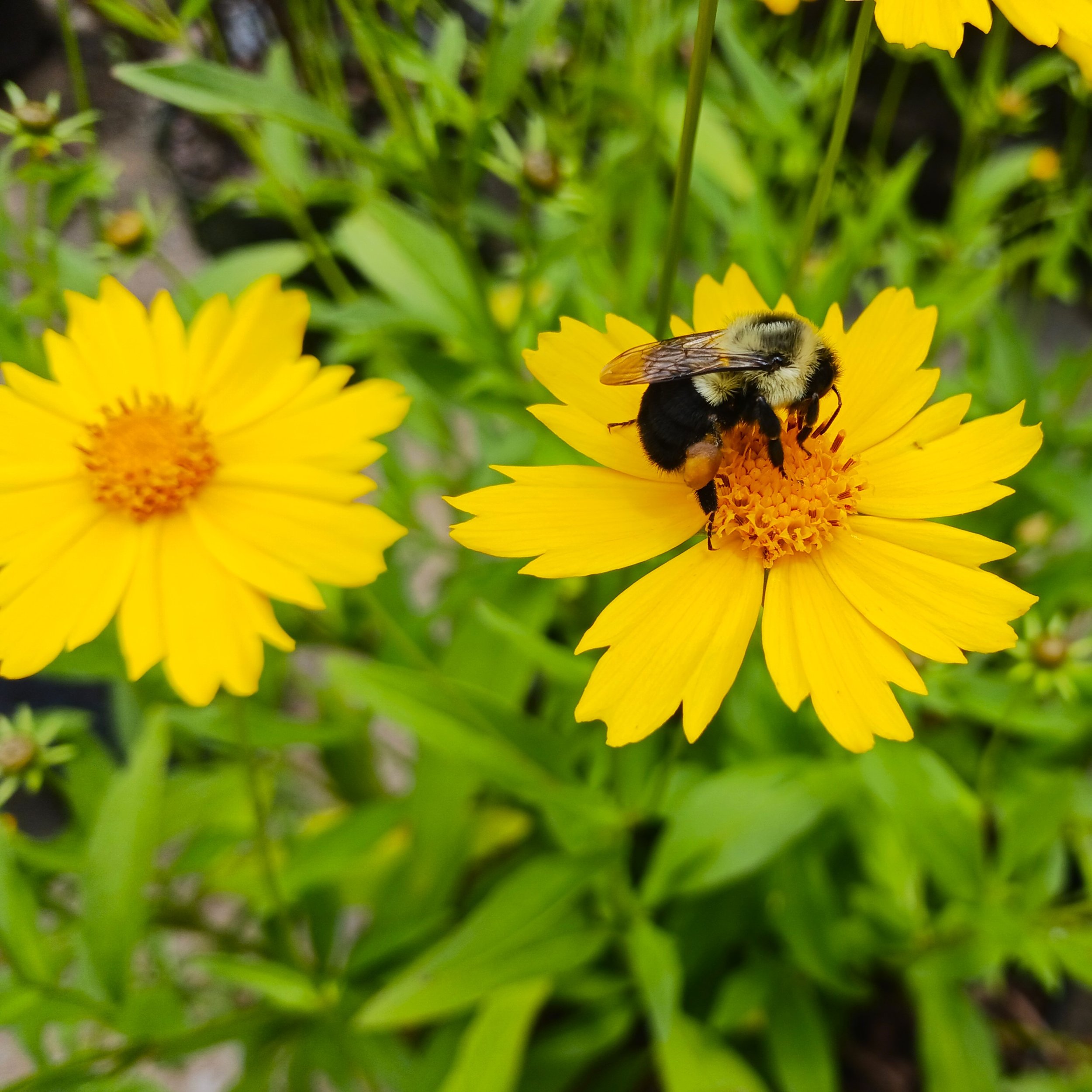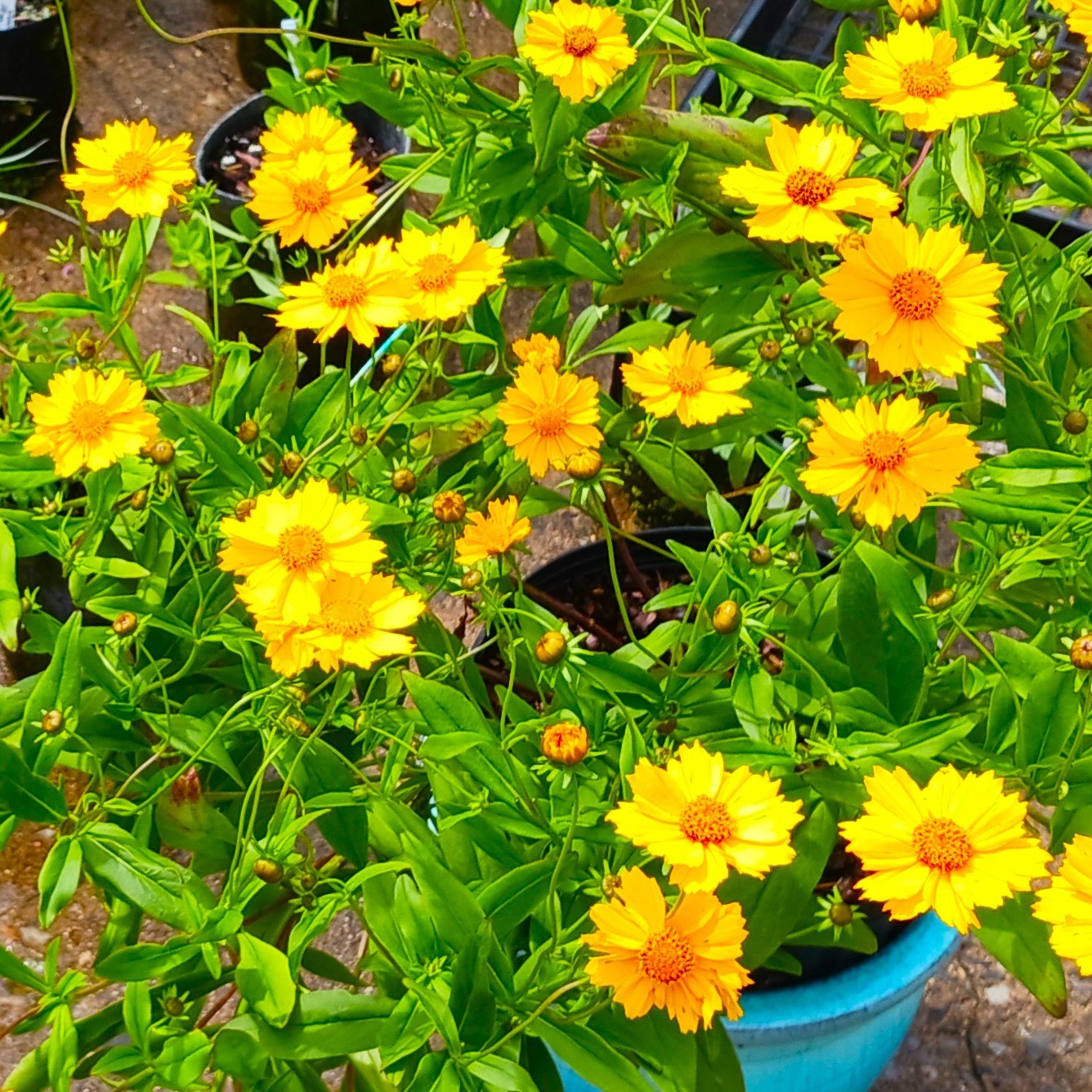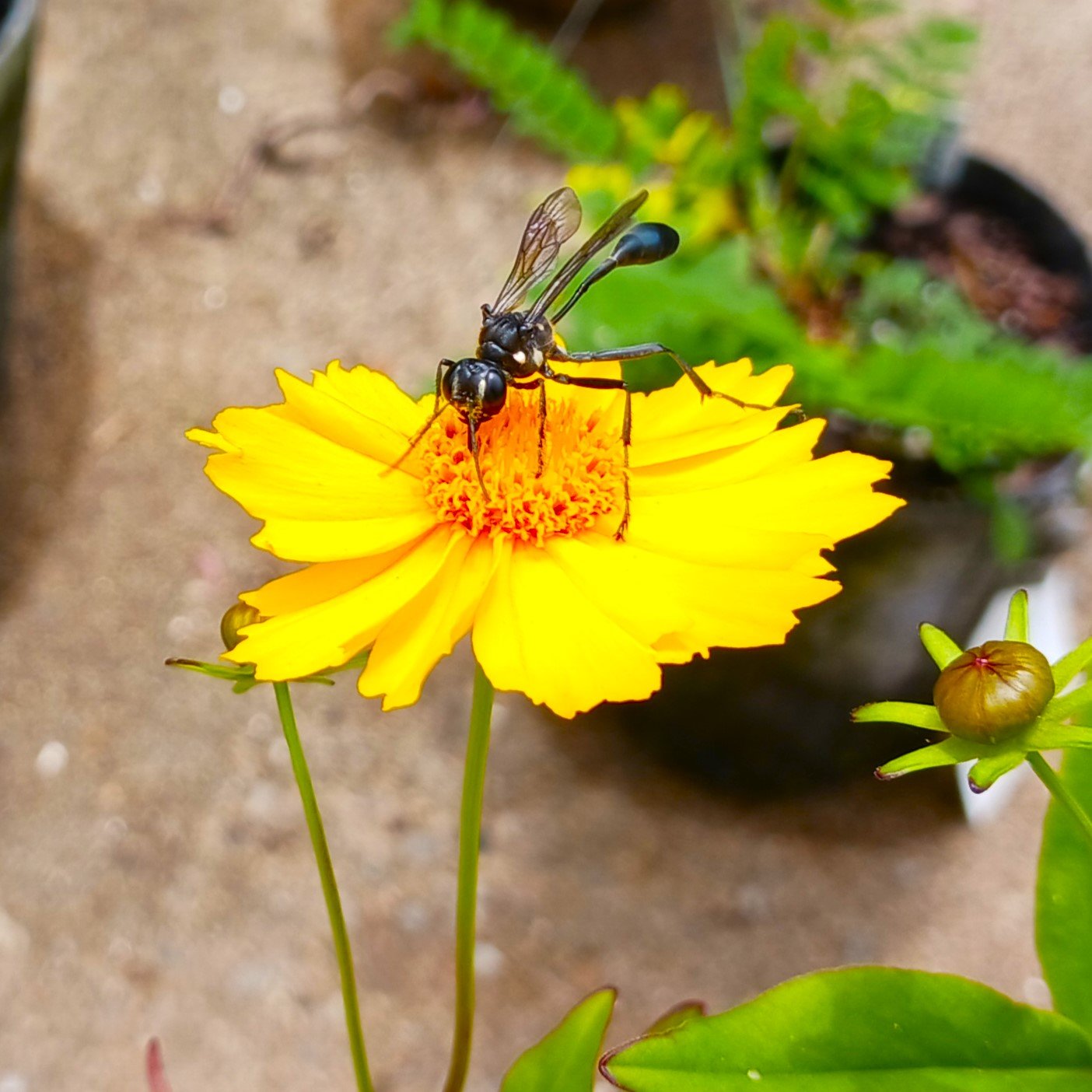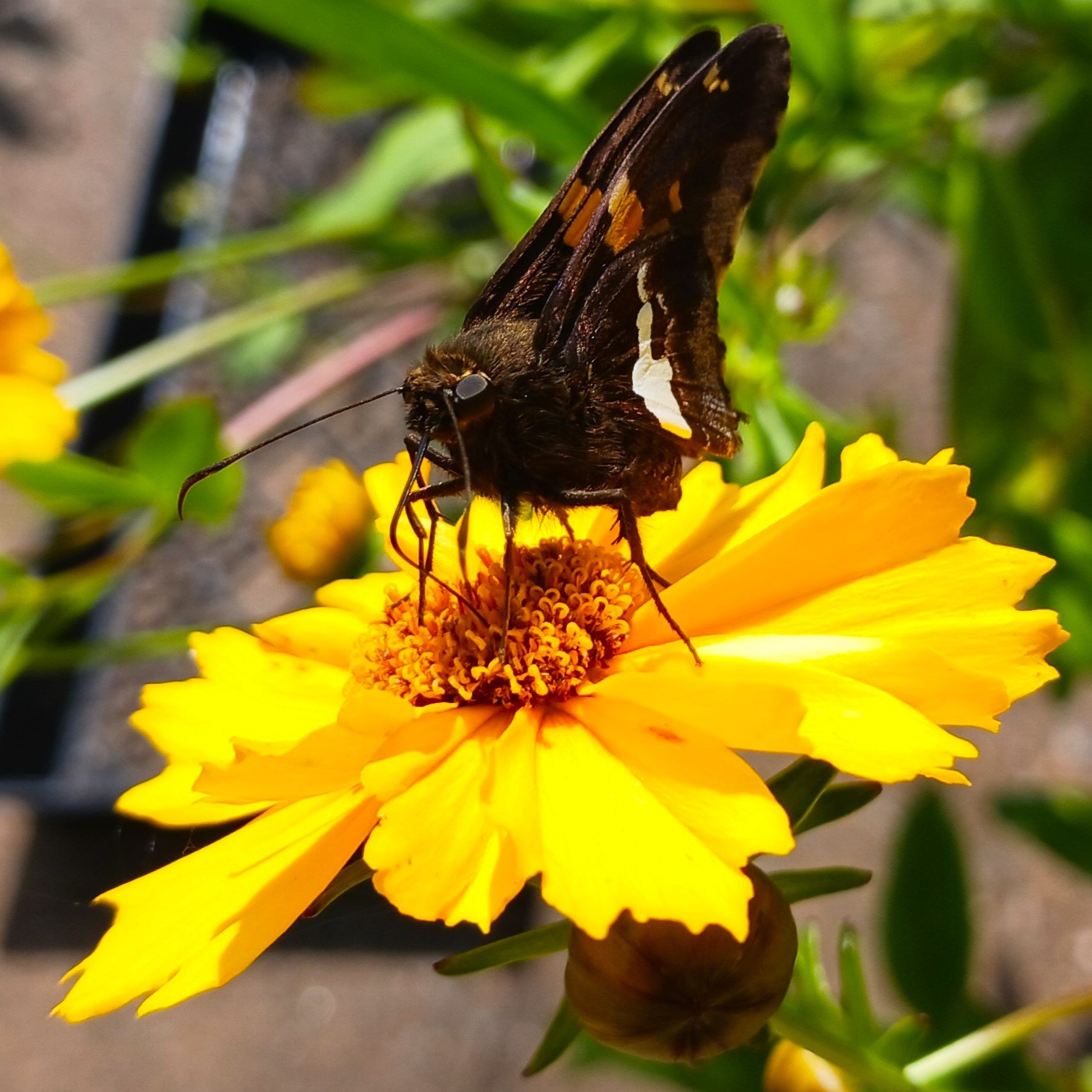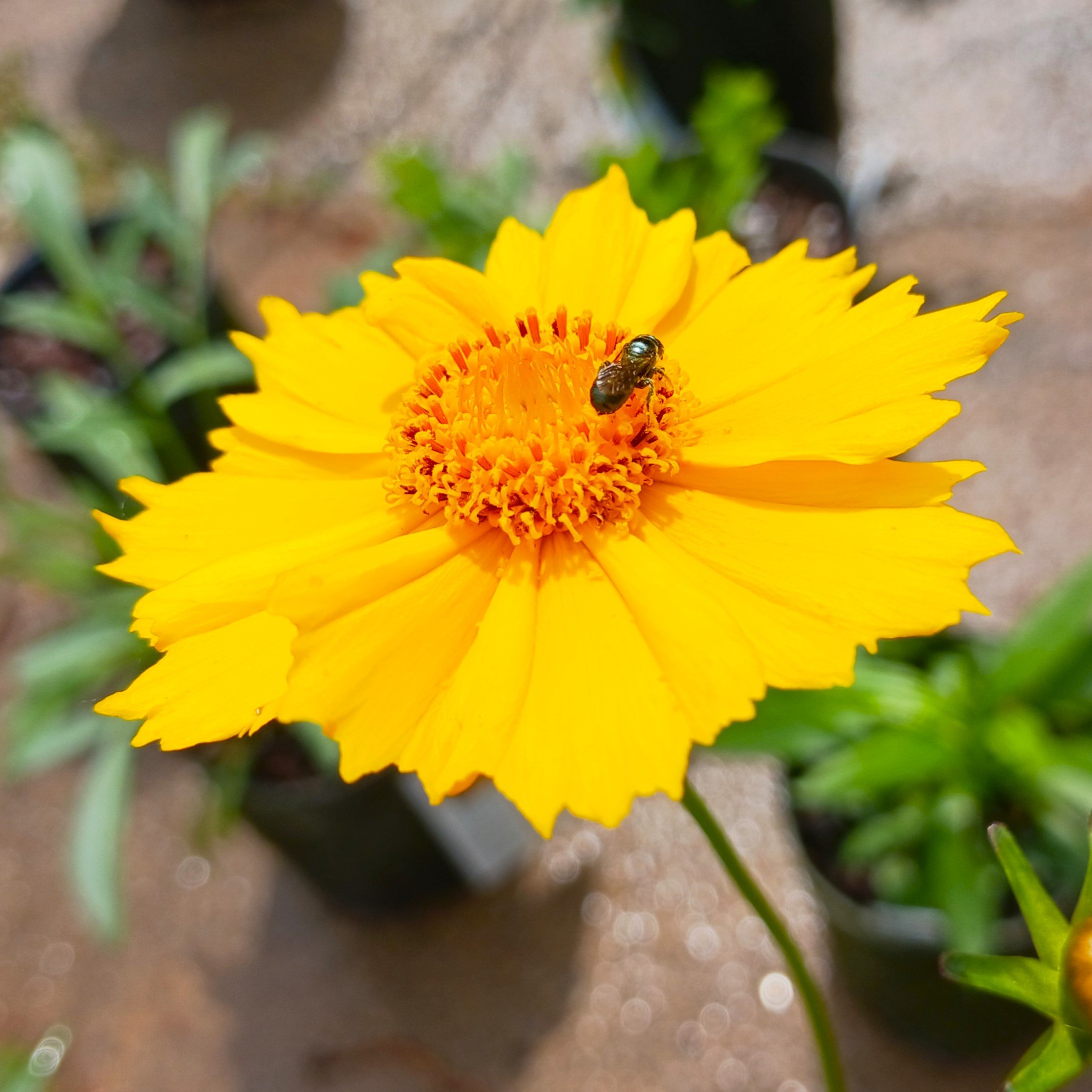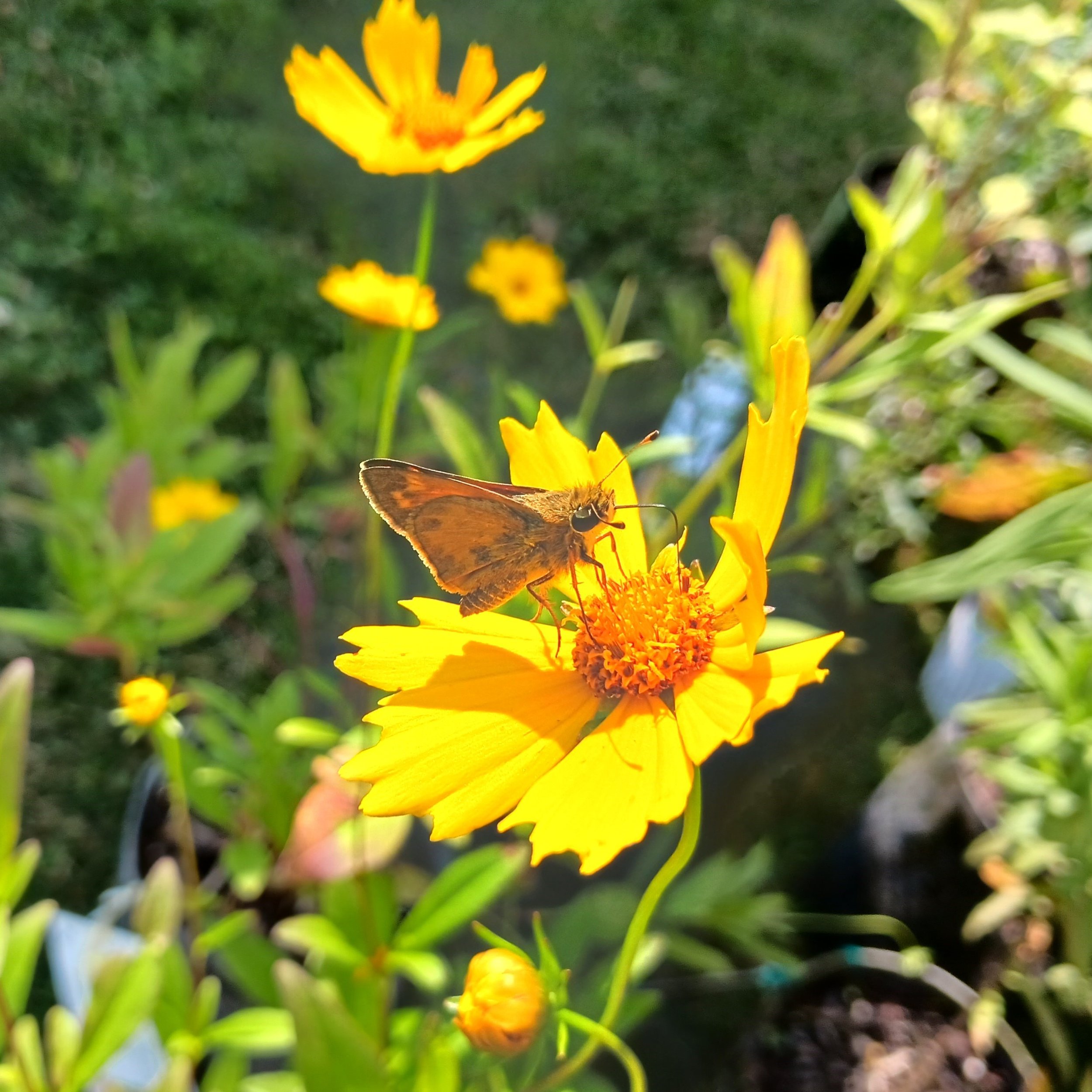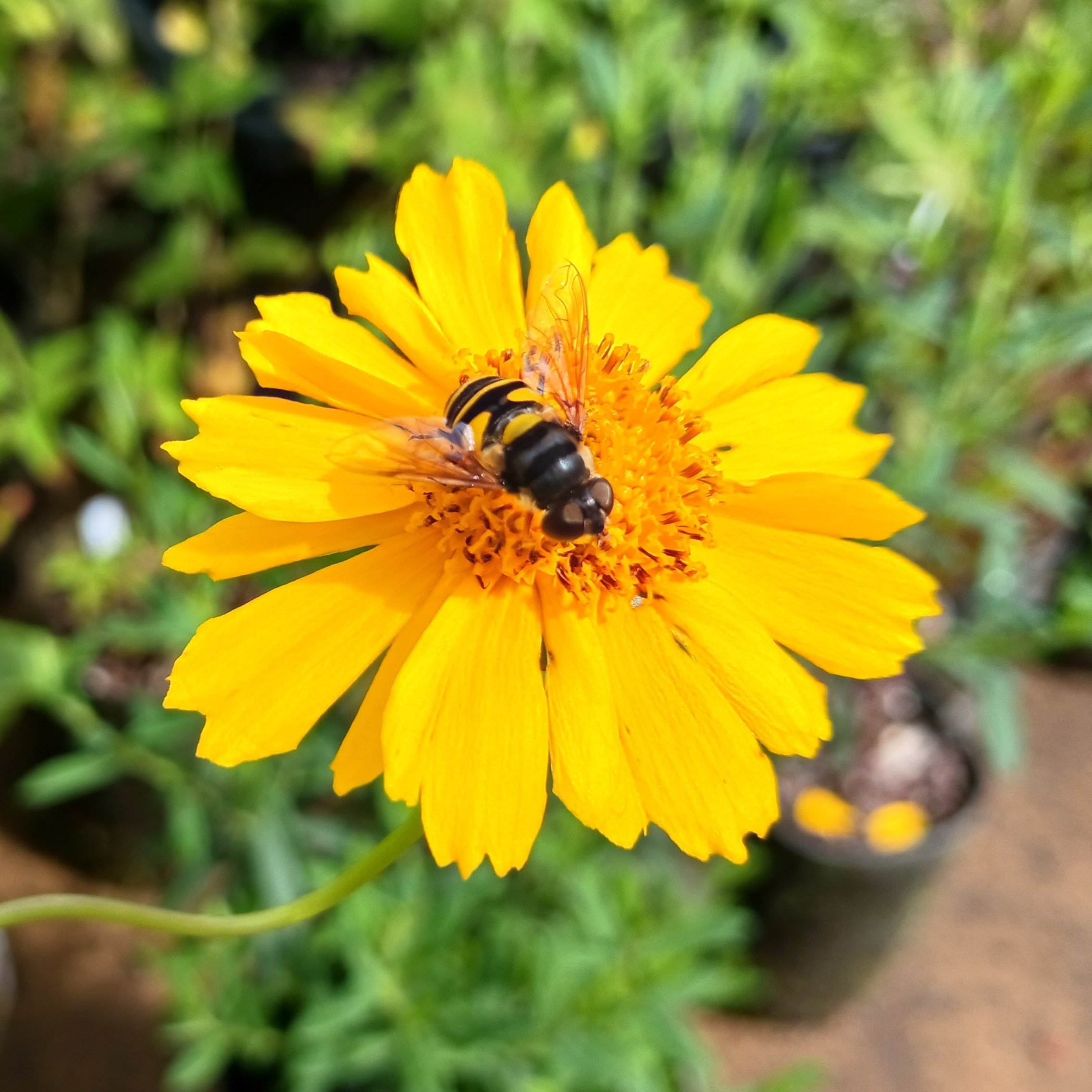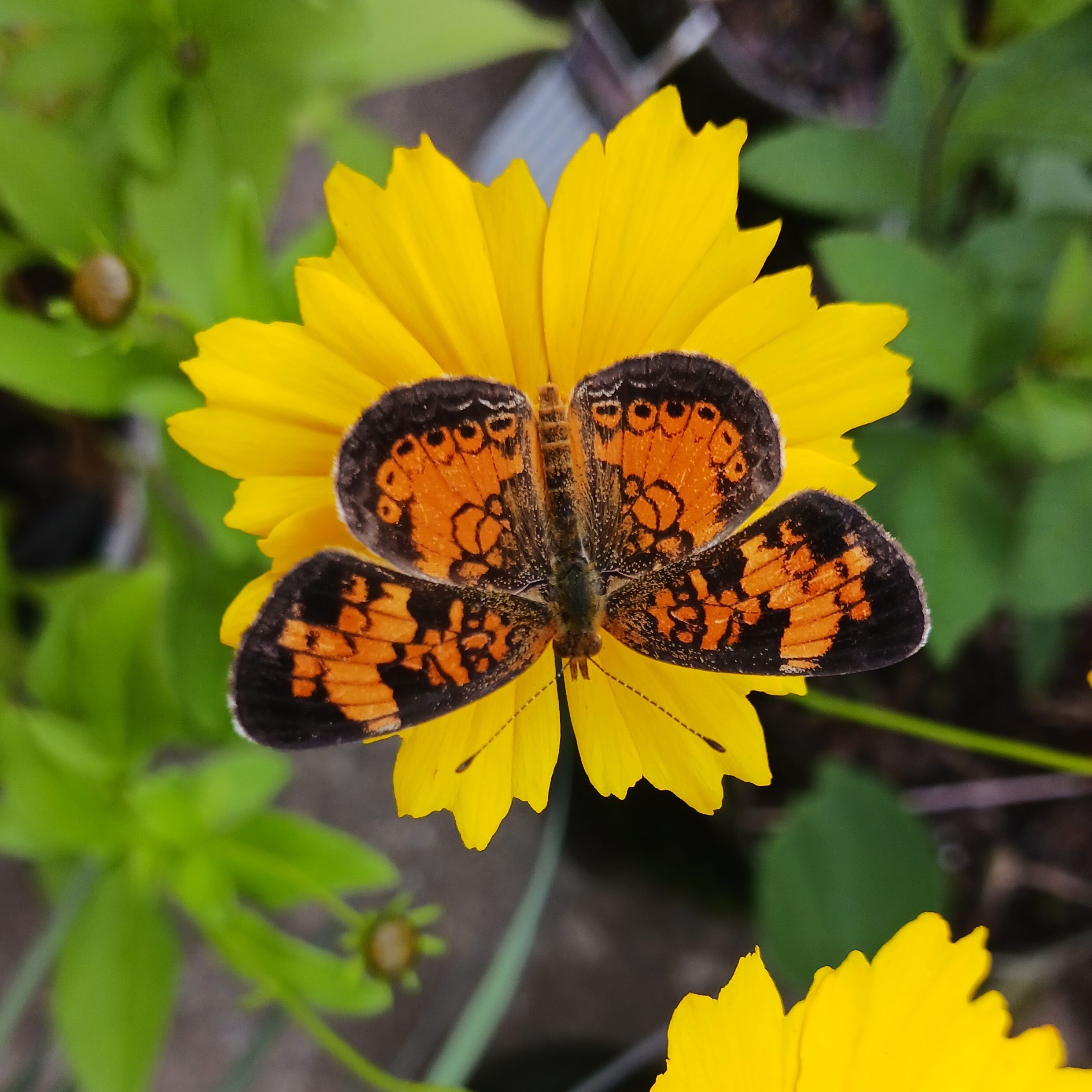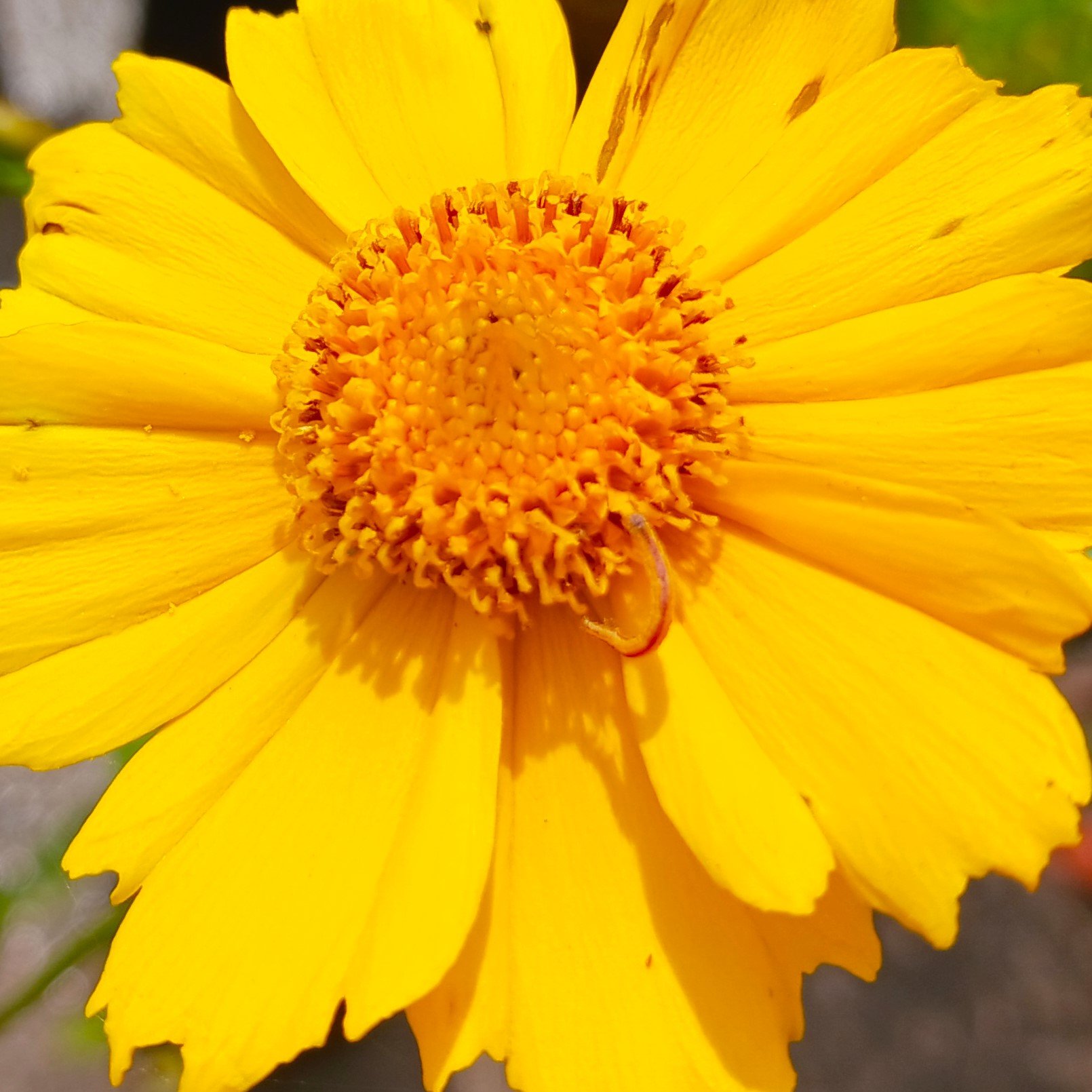Baptisia albescens (Spike Wild Indigo) - NC Ecotype
Baptisia albescens is a unique, long-lived perennial ideal for home landscapes. With spikes of white flowers and attractive green foliage, this hardy wildflower adapts well to a range of conditions and is beneficial to many pollinators and birds.
Baptisia albescens is a unique, long-lived perennial ideal for home landscapes. With spikes of white flowers and attractive green foliage, this hardy wildflower adapts well to a range of conditions and is beneficial to many pollinators and birds.
Baptisia albescens is a unique, long-lived perennial ideal for home landscapes. With spikes of white flowers and attractive green foliage, this hardy wildflower adapts well to a range of conditions and is beneficial to many pollinators and birds.
NC Ecotype! Baptisia albescens is a related species to the Wild Blue Indigo and White Wild Indigo, but with bright white flowers contrasted with smoky blue stems. Flowers bloom a few weeks later than other Baptisia species, typically late May into June and sometimes July. Even after blooming, the attractive trifoliate leaves form a stalked, shrubby habit with upright seed pods that can provide fall interest, even after frost. Seeds are also easy to harvest for replanting - but be aware that Baptisia species easily hybridize. Baptisia albescens is a very hardy species, with deep taproots that provide resistance to hot, dry conditions in sandy or clay soils once established, and being a legume it is well adapted to poor quality soils. It is considered toxic to mammalian herbivores, and is considered moderately deer resistant. This species can take a few years to fully establish and bloom after planting, but it is a long-lived perennial and will grow larger and more prolific over time given the right conditions. Best planted in full sun with well draining soils, but it can tolerate partial shade well.
Wildflowers of the Baptisia genus are some of the most popular native perennials for home gardens. They live for years and though herbaceous, resemble shrubs - but without any pruning necessary. They also are great for wildlife - the flowers are especially popular with bumblebees and other generalist bee species, but the seeds pods can also be a food source for insects and seed-eating songbirds. Baptisia are considered a keystone species in Bobwhite Quail habitats when given sufficient acreage, and they are a host plant for numerous species of Lepidoptera, including several rare moth species which only feed on Baptisia or a few related pea family native plants. Baptisia albescens can also attract a number of attractive butterflies as a host plant for their caterpillars, including the Clouded Sulphur, Orange Sulphur, Wild Indigo Duskywing, and Zarucco Duskywing. There is a Baptisia species for every almost every kind of habitat in our region, and Baptisia albescens works well in Piedmont and Mountain foothills areas in both meadows and forest edges.
Pollinators: bumblebees, leafcutter bees, sweat bees, butterflies, beetles
Host Plant for Butterflies/Moths: 20+ species of Lepidoptera, including several species of Sulphur butterflies and Duskywing skipper butterflies
Dependent Species: Pococera baptisiella, Sitochroa dasconalis, weevils
Wildlife Value: Bobwhite Quail, Hummingbirds, Songbirds, Wood Warblers
Deer Resistance: Moderate
Native Region: Piedmont, Mountains
Seed Origin: Montgomery County, NC
Ecoregion: 45 - Piedmont
Light Recommendation: Full Sun, Part-sun
Soil Moisture Recommendation: Medium, Medium-Dry, Dry
USDA Zones: 3-10
States found in our region: AL, GA, NC, SC, TN, VA
Other states found: FL


